Table of Contents
Organic Food: Is It Worth the Hype? Benefits, Myths & Must-Try Products
I’ll be honest, I used to think organic food was just an overpriced gimmick. I mean, why pay extra for something that looks exactly the same as its non-organic counterpart? But after diving deep into the world of organic farming, food labels, and what actually goes into our groceries, I started seeing things a little differently.
Organic food isn’t just about skipping pesticides or avoiding GMOs — it’s about sustainability, health, and, believe it or not, better taste (yes, those organic strawberries do hit differently). But is it really worth the hype, or is it just another marketing trick to drain our wallets? In this article, I’ll break down the real benefits of eating organic, debunk some common myths, and share my top picks for must-try organic products. So, if you’ve ever wondered whether organic food is truly better, or just better at emptying your bank account, let’s dive in and find out together!
What is Organic Food? (And Why It Matters!)
So, what exactly is organic food, and why does it get so much attention? At its core, organic food is simply food that’s grown and produced without synthetic pesticides, chemical fertilizers, genetically modified organisms (GMOs), or artificial preservatives. But it’s more than just a fancy label—it’s a commitment to farming the way nature intended.
Organic farming follows a few key principles: it prioritizes soil health, encourages biodiversity, and avoids harmful chemicals that can linger in our food and environment. Instead of dousing crops in pesticides, organic farmers use natural methods like crop rotation, composting, and beneficial insects (yes, ladybugs are tiny but mighty pest-fighting heroes). When it comes to livestock, organic means no antibiotics or growth hormones — just animals raised on organic feed with plenty of space to roam.
But why does this matter? Well, aside from being better for the environment, organic food can also be better for our health. With fewer chemical residues and more nutrient-dense soil, organic produce often contains higher levels of antioxidants and essential vitamins. Plus, let’s be real, knowing your food isn’t coated in a chemical cocktail makes every bite taste just a little bit better!
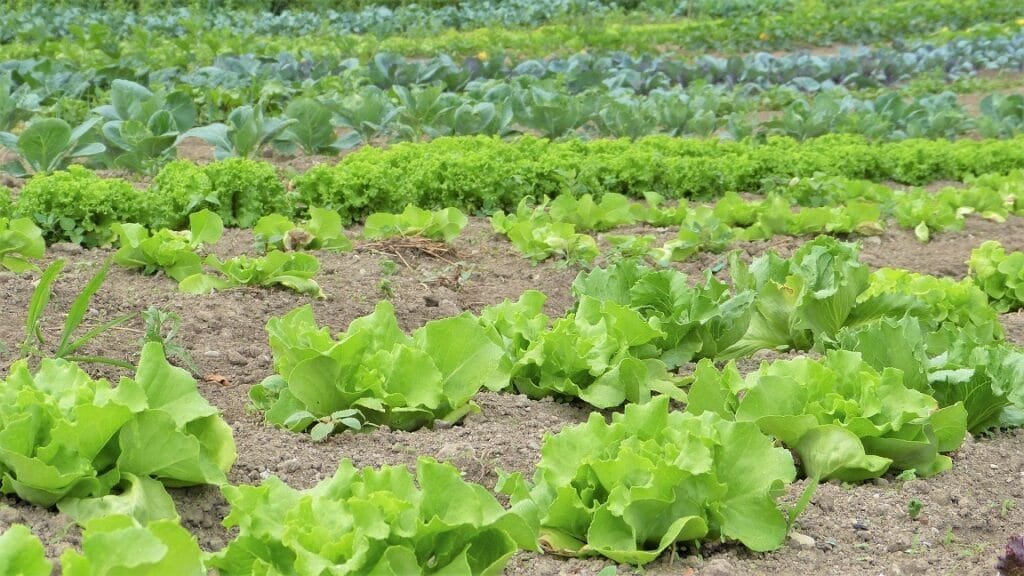
Organic vs. Non-Organic: What’s the Difference?
I used to think organic food was just a fancy (and pricier) version of regular food. But once I dug a little deeper, I realized there’s a big difference between that organic apple and the non-organic one sitting next to it at the grocery store.
The most obvious difference? Pesticides. Non-organic crops are often treated with synthetic pesticides and herbicides to keep bugs and weeds at bay. While these chemicals might make farming easier, they can leave behind residues that we end up consuming. Organic food, on the other hand, is grown using natural alternatives—think crop rotation, compost, and even insect-friendly farming methods.
Then there are GMOs (Genetically Modified Organisms). Many conventional foods are made with genetically modified ingredients, which means their DNA has been altered in a lab for things like pest resistance or faster growth. Organic food, however, bans GMOs entirely, sticking to crops and livestock that have been naturally bred over generations.
And let’s talk sustainability. Organic farming isn’t just about what we eat—it’s about how our food is grown. Organic methods focus on soil health, water conservation, and reducing pollution, making them a better long-term choice for the planet. Conventional farming, while efficient, often depletes soil nutrients and contributes to environmental damage through chemical runoff.
So, is organic food worth it? In my experience, yes — especially when it comes to fresh produce, dairy, and meats. Organic fruits and veggies often have higher antioxidant levels, organic dairy can contain more omega-3s, and knowing my food isn’t loaded with artificial additives gives me peace of mind. That said, going fully organic isn’t always realistic (or budget-friendly). My approach? Prioritizing organic for the foods I eat most often while making informed choices about the rest.
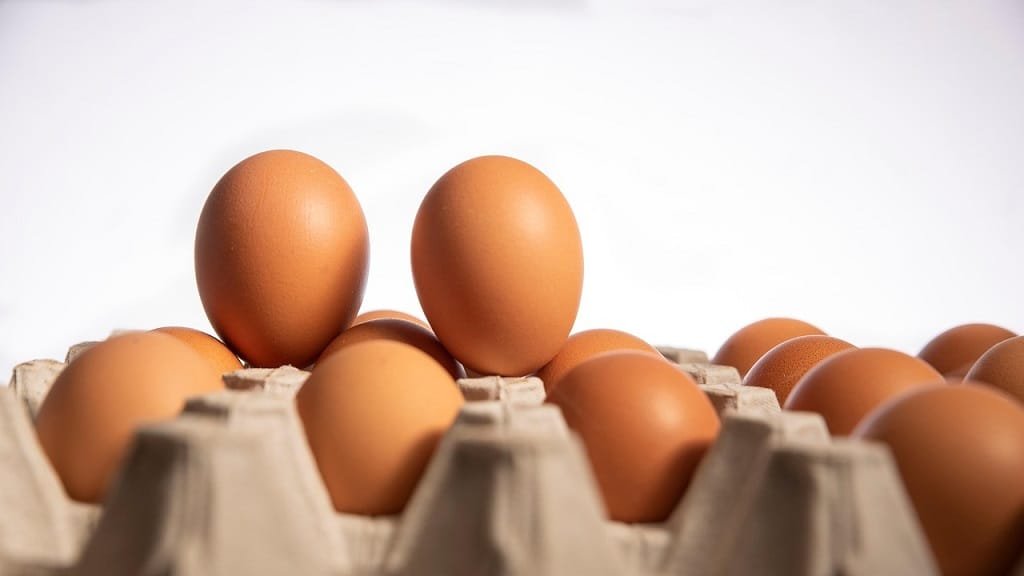
Is Organic Food Really Better for You?
Let’s be real, organic food has a bit of a health halo. But is it actually better for you, or are we just paying extra for a fancy label? As someone who’s dived deep into the organic vs. non-organic debate, I can say there’s more to it than just marketing hype.
First off, organic foods have fewer pesticides and synthetic chemicals. Conventional produce is often treated with pesticides to keep bugs at bay, but some of those chemicals can linger on the food we eat. While regulatory agencies set safety limits, many people (myself included) prefer to avoid them whenever possible.
Then there’s the nutritional factor. Some studies suggest organic foods may have higher levels of certain nutrients, particularly antioxidants. While the difference isn’t always dramatic, it’s enough to make health-conscious eaters lean toward organic.
Another biggie? Fewer additives and preservatives. Organic food regulations are stricter about what can and can’t be added, which means fewer artificial colors, flavors, and preservatives sneaking into your meals.
Of course, there are skeptics. Some experts argue that the health benefits of organic food aren’t significantly different from conventional options, and that simply eating more fruits and veggies, organic or not, is what really matters. And honestly? They have a point. If you’re choosing between organic junk food and non-organic whole foods, the latter wins every time.
At the end of the day, organic food is more about what it doesn’t contain—fewer pesticides, GMOs, and additives. If that’s important to you (like it is to me), then yes, it’s worth considering. But if you’re on a budget, don’t stress, just focus on eating a variety of healthy, whole foods, whether they’re organic or not.
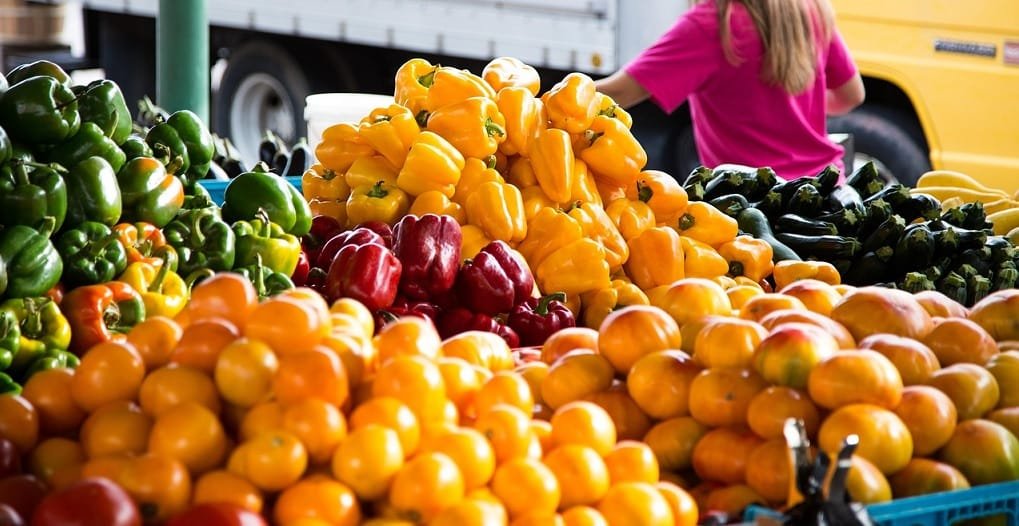
Organic Food and Products: What to Look For
Walking through the grocery store, I used to think that anything labeled “organic” was automatically better. But after a little digging (and some questionable impulse buys), I realized that not all organic products are created equal. If you’re going to spend the extra cash, it helps to know what to look for.
- First things first: certifications matter. In the U.S., the USDA Organic Seal is the gold standard. It means the product meets strict guidelines, with no synthetic pesticides, GMOs, or artificial additives. In Europe, look for the EU Organic logo, and in Canada, it’s the Canada Organic label. These certifications ensure that what you’re buying is actually organic, not just marketed as “natural” (which, by the way, doesn’t mean much).
- Ingredients lists tell the real story. Just because a product says “organic” doesn’t mean it’s 100% free of questionable ingredients. Organic cookies are still cookies! I always check labels for added sugars, preservatives, and unnecessary fillers. The shorter the ingredient list, the better.
- Fresh vs. processed organic food, there’s a difference. Organic produce, dairy, and meats tend to offer the most benefits since they avoid synthetic chemicals and hormones. But processed organic foods? Sometimes they’re just as unhealthy as their non-organic counterparts. Organic chips and sodas exist, but that doesn’t make them healthy foods (I learned that the hard way).
- Local and organic? Even better. If you can, buy from local organic farms or farmer’s markets. Not only does it reduce the carbon footprint, but it also means you’re getting fresher, more nutrient-dense food. Plus, supporting small farmers just feels good.
Bottom line? If you’re going organic, make it count. Look for proper certifications, read the ingredients, and prioritize whole foods over processed ones. And most importantly—don’t fall for the “organic junk food” trap like I did. Lesson learned!
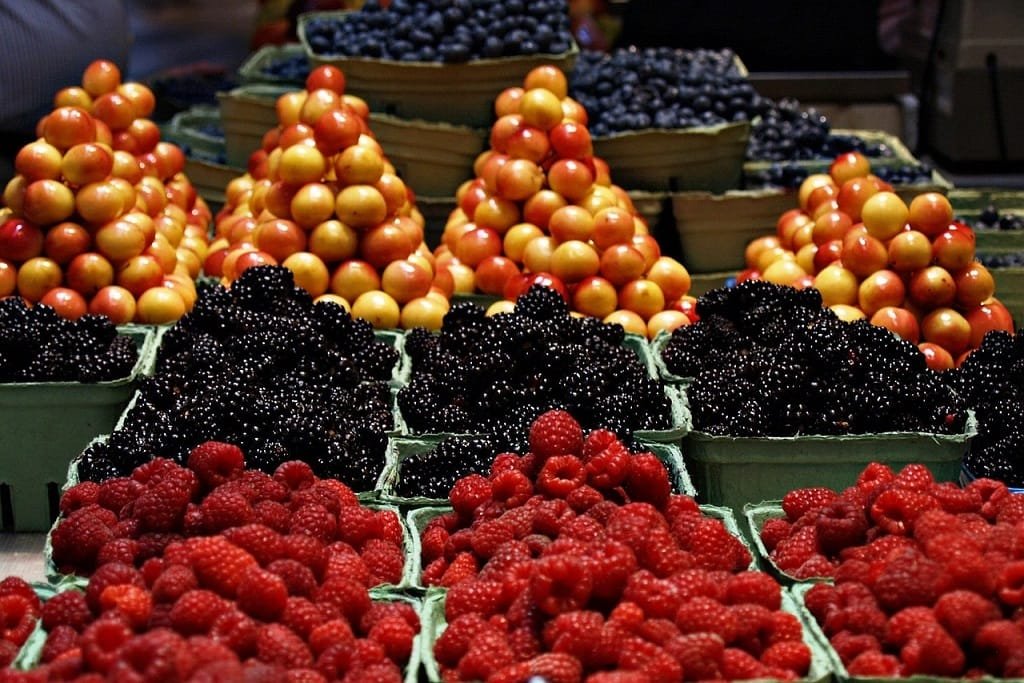
The Best Organic Foods to Buy
When I first started buying organic, I had no idea where to begin. Should I replace everything in my fridge? Is organic cereal worth it? (Spoiler: Not always.) So after plenty of trial and error, and some questionable spending choices, I figured out which organic foods are actually worth the investment.
1. Fruits & Veggies: The Dirty Dozen:
Not all produce needs to be organic, but some definitely should be. The Dirty Dozen—a list updated annually by the Environmental Working Group (EWG)—highlights fruits and veggies with the highest pesticide levels. If you’re going to splurge on organic, these should be at the top of your list:
- Strawberries 🍓
- Spinach 🥬
- Kale, collard, and mustard greens
- Peaches 🍑
- Apples 🍏
- Grapes 🍇
- Bell & hot peppers 🌶
- Cherries 🍒
- Blueberries 🫐
- Green beans
- Nectarines
- Pears 🍐
For other produce with thick skins (like avocados, bananas, and pineapples), non-organic is usually fine since pesticides don’t penetrate as easily.
2. Organic Dairy: Say No to Hormones
Conventional dairy often contains antibiotics and synthetic hormones (yikes). Organic dairy, on the other hand, ensures your milk, cheese, and yogurt come from cows raised without these additives. Look for USDA Organic or grass-fed dairy for the best quality.
3. Organic Grains: Less Processing, More Nutrition
Rice, oats, and wheat-based products can contain pesticide residues, so going organic for staples like quinoa, brown rice, and whole oats is a smart move. Bonus tip: Always check for “sprouted” grains—they’re easier to digest and more nutritious.
4. Organic Meat & Eggs: Worth Every Penny
Organic meat and eggs come from animals that aren’t fed antibiotics, synthetic hormones, or genetically modified grains. If you eat meat, choosing grass-fed beef, free-range organic chicken, and pasture-raised eggs can make a big difference in quality and taste.
5. Organic Snacks & Packaged Foods: Choose Wisely
Organic chips, cookies, and granola bars? Yes, they exist—but they’re still processed foods. If you want a healthier snack, look for organic nuts, dried fruits, and whole-grain crackers instead.
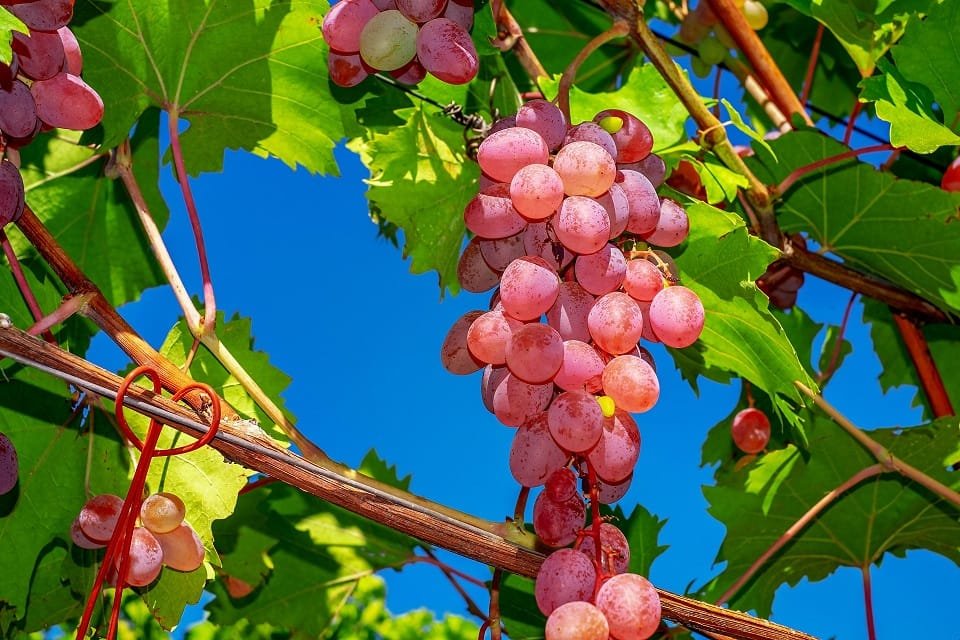
Where to Buy Organic Food?
- Local Farmer’s Markets – Fresh, seasonal, and often cheaper than grocery stores.
- Health Food Stores – Whole Foods, Sprouts, and similar chains offer great selections.
- Online Retailers – Amazon, Thrive Market, and Misfits Market have amazing organic deals.
- Subscription Boxes – Services like Imperfect Foods and Misfits Market deliver organic produce at discounted prices.
Going organic doesn’t have to be overwhelming (or break the bank). Start with the most important foods, shop smart, and enjoy the benefits—without the unnecessary splurges!
The Cost Factor: Is Organic Worth the Extra Money?
Let’s be real—organic food has a reputation for being ridiculously expensive. I used to roll my eyes at those $8 organic blueberries and wonder, is this really worth it, or am I just paying for a fancy label?
Well, the answer isn’t a simple yes or no. Sometimes, organic is absolutely worth the extra cost. Other times, it’s just overpriced marketing. So, let’s break it down.
Why Is Organic Food More Expensive?
Organic food costs more because:
✔️ No synthetic pesticides or fertilizers – Organic farmers use natural methods, which take more effort and money.
✔️ Better animal welfare standards – Organic meat, eggs, and dairy come from animals raised without antibiotics and synthetic hormones.
✔️ Labor-intensive farming – No shortcuts like GMOs or chemical growth boosters mean more hands-on work.
✔️ Smaller-scale production – Organic farms are often smaller, so they don’t get the same bulk discounts as big industrial farms.
But does this mean you have to spend a fortune to eat organic? Not at all.

Organic vs. Non-Organic: Price Comparison
Here’s a quick look at how organic prices stack up against their conventional counterparts:
| Food Item | Non-Organic Price | Organic Price | Price Difference |
| Apples (per lb) | $1.50 | $2.50 | +$1.00 |
| Eggs (dozen) | $3.00 | $5.50 | +$2.50 |
| Chicken Breast (lb) | $5.00 | $8.00 | +$3.00 |
| Milk (gallon) | $4.00 | $6.50 | +$2.50 |
| Rice (5 lbs) | $6.00 | $8.50 | +$2.50 |
Clearly, organic food is often more expensive, but not always. Sometimes, it’s only a small price jump, and in a few cases (especially in-season produce), the difference is barely noticeable.
How to Save Money on Organic Food
Want to eat organic without going broke? Here’s what I do:
🛒 Shop store-brand organic – Many grocery stores have affordable organic lines (like Whole Foods’ 365 or Walmart’s Great Value Organic).
🌱 Buy in bulk – Organic grains, nuts, and beans are way cheaper when you buy in larger quantities.
🍓 Prioritize the Dirty Dozen – Only splurge on organic when it really matters (like pesticide-heavy fruits & veggies).
🛍 Look for sales & coupons – Stores like Sprouts, Aldi, and Trader Joe’s often have organic deals.
📦 Use online organic retailers – Websites like Thrive Market, Imperfect Foods, and Misfits Market offer discounts on organic groceries.
🚜 Go to local farmer’s markets – Organic food is often cheaper from small local farms than at big supermarkets.
💰 Mix and match – If buying 100% organic isn’t realistic, go for a mix, organic where it counts, conventional where it doesn’t.

Final Verdict: Is Organic Worth It?
For some foods, yes! For others, not necessarily. If it fits your budget and aligns with your values, organic can be a great investment in health and sustainability. But if you’re trying to be money-savvy, you can still make smart choices without going all-in on organic everything.
At the end of the day, being mindful of what you eat is more important than having an all-organic cart. So, balance is key!
Final Thoughts: Should You Go Organic?
So, after all this talk about organic food, where do we land? Should you start filling your cart with nothing but organic avocados and ethically sourced quinoa? Or is it just another overhyped trend?
Here’s the deal—going organic isn’t an all-or-nothing decision. It’s about making informed choices that fit your budget, lifestyle, and values.
Quick Recap: The Organic Food Lowdown
✔️ Organic food avoids synthetic pesticides, GMOs, and artificial additives – That’s a big win for health-conscious eaters.
✔️ Organic farming supports sustainability – Better soil, fewer chemicals, and improved animal welfare.
✔️ It can be more expensive – But smart shopping (buying in bulk, shopping sales, and prioritizing key items) helps keep costs down.
✔️ Not all organic foods are created equal – Labels matter! Look for USDA Organic, EU Organic, or other reputable certifications.
So, Should You Go Organic?
Here’s my take:
💚 If you can afford it, buy organic when it truly matters (like produce on the Dirty Dozen list, dairy, and meat).
💰 If you’re on a budget, prioritize certain organic foods and mix in high-quality non-organic options.
🌍 If sustainability is important to you, choosing organic helps reduce your environmental impact.
At the end of the day, small, conscious choices add up. You don’t have to overhaul your entire diet overnight. Just start with a few swaps and see how it works for you!
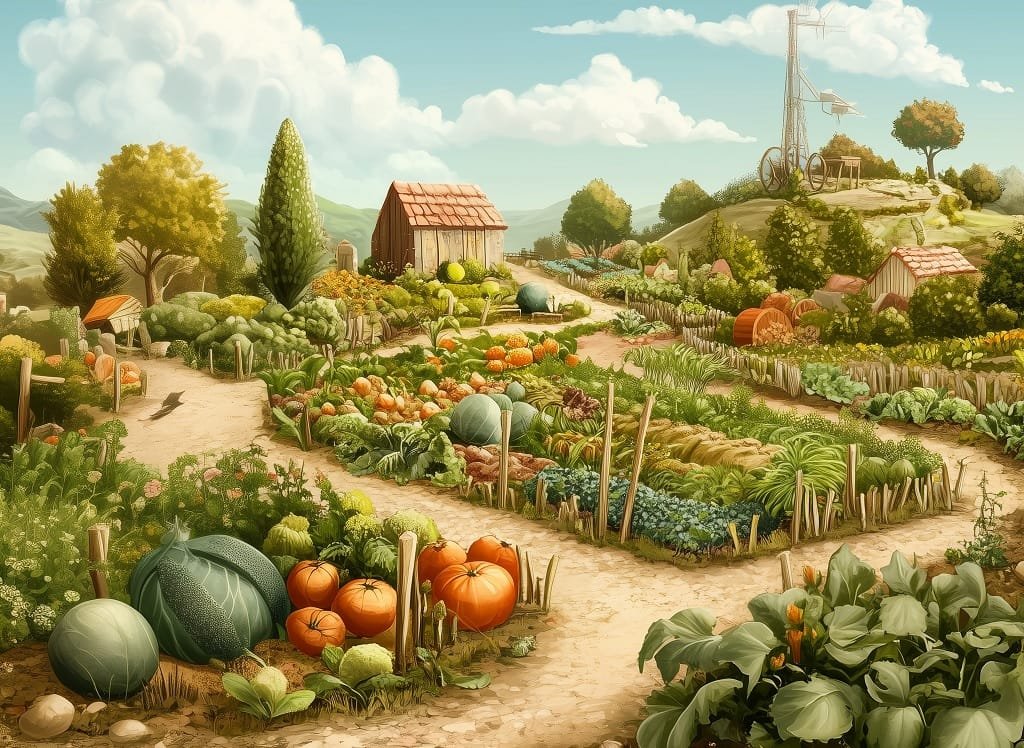

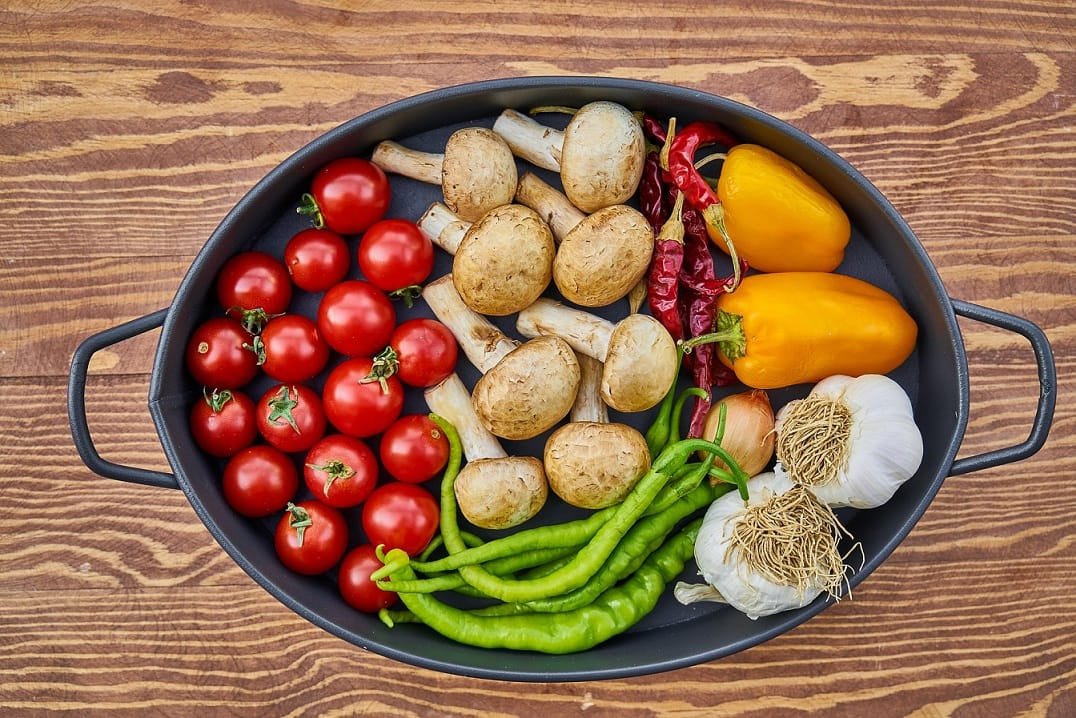

Pingback: Organic Gardening 101: Sustainable Gardening Methods for Healthy Soil, Plants & Pest Control - Eco-Wise Hub